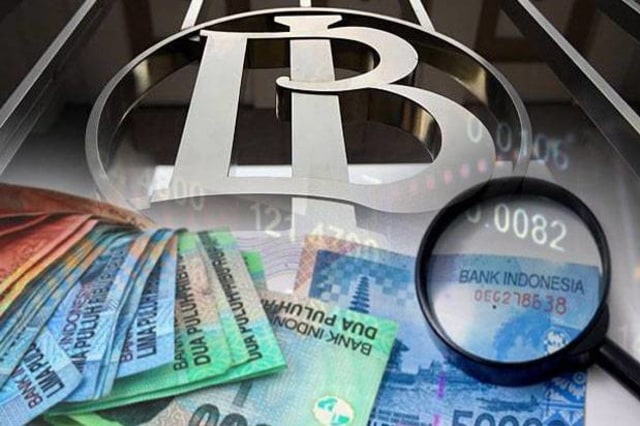Bank Indonesia announced that global financial markets have been shaken by the United States’ reciprocal tariff policy, issued on April 2, 2025, and China’s retaliatory response on April 4. These tensions have led to capital outflows and significant depreciation of emerging market currencies, including the Indonesian Rupiah. The impact was particularly felt in the offshore Non-Deliverable Forward (NDF) market during Indonesia’s long Eid al-Fitr holiday.
BI Intervenes in Offshore Markets Across Global Hubs
To respond to this pressure, Bank Indonesia has implemented continuous interventions in offshore NDF markets across Asia, Europe, and New York. This measure aims to control Rupiah volatility and reduce speculative activity that could undermine currency stability during the domestic market closure.
Aggressive Domestic Intervention Set to Begin April 8
The central bank has committed to launching aggressive interventions in the domestic market upon its reopening on April 8, 2025. Actions will include foreign exchange market operations through Spot and DNDF mechanisms, as well as secondary market purchases of government securities (SBN).
Liquidity Support to Safeguard Market and Banking Stability
In parallel with market interventions, Bank Indonesia will optimize its Rupiah liquidity instruments. This is to ensure that domestic money markets and the banking system maintain sufficient liquidity levels. The goal is to support a stable exchange rate environment and uphold investor trust in Indonesia’s financial system.
PHOTO: SINDONEWS
This article was created with AI assistance.
Read More






 Saturday, 31-01-26
Saturday, 31-01-26







